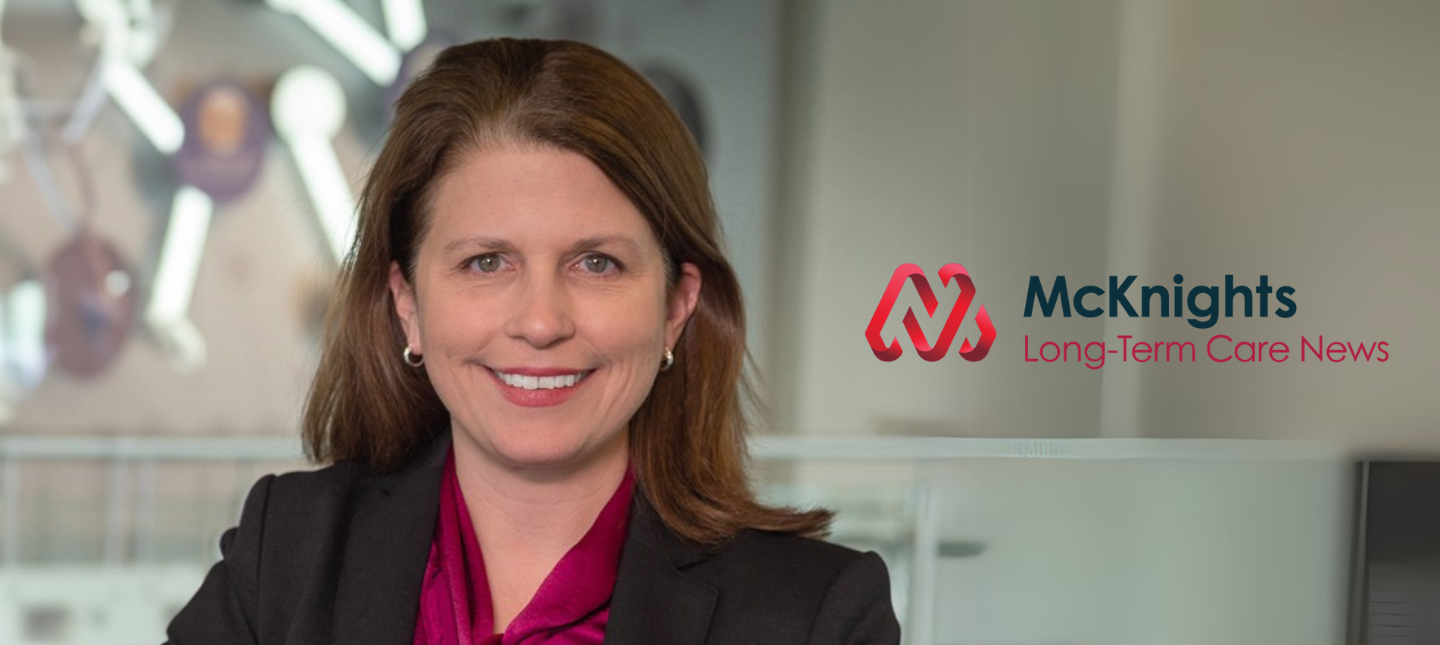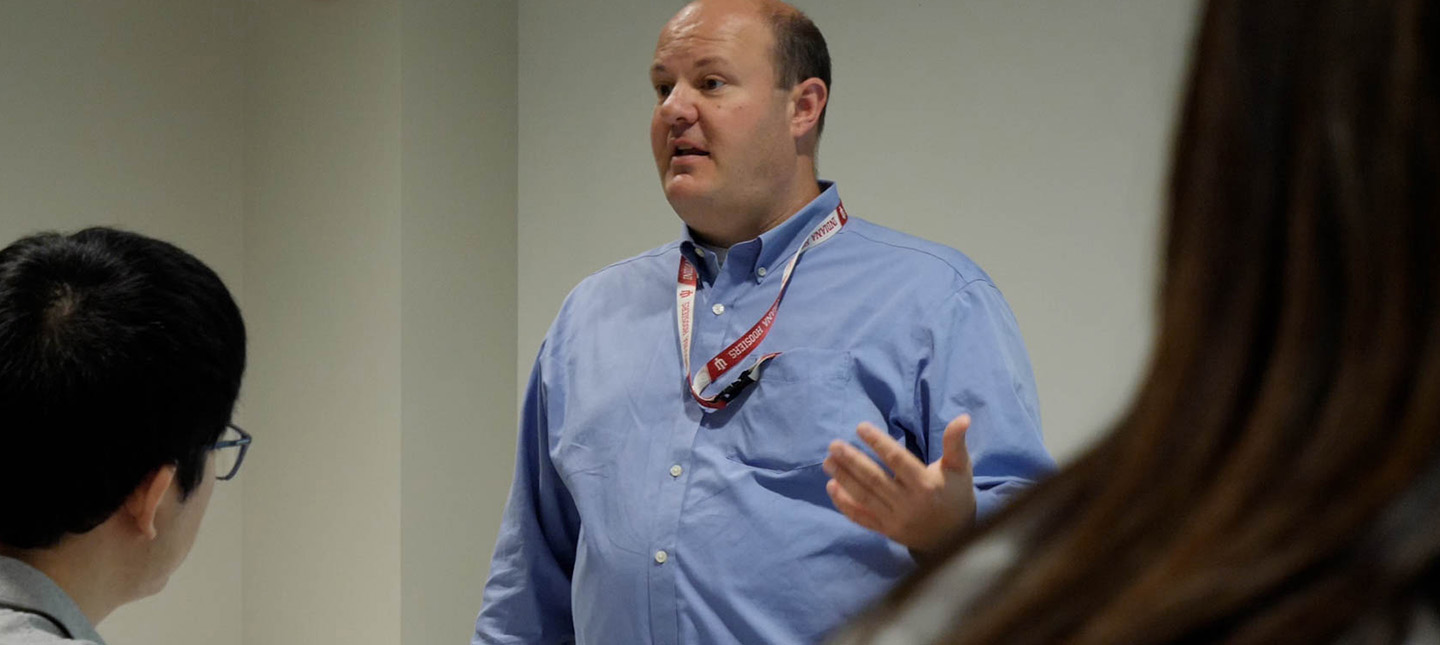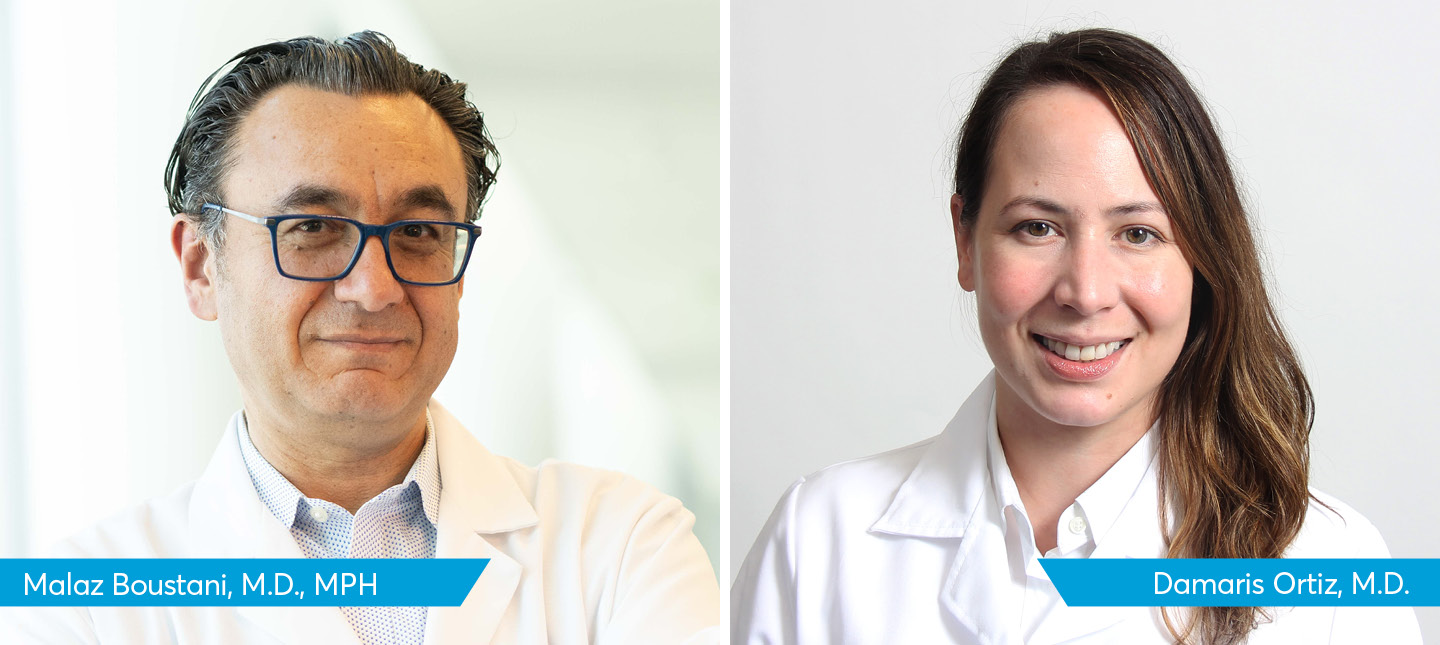Two Regenstrief Institute presenters joined an international array of experts at the Healthcare Information and Management Systems Society’s (HIMSS) annual conference, HIMSS24.
Regenstrief Research Scientist, Brian Dixon, PhD, MPA, and Regenstrief Clinical Informatics Fellow, Gerard Hills, M.D., each presented on advancements in integrating access and improving the quality of health care. Dr. Dixon also is the interim director of the Regenstrief Institute Center for Biomedical Informatics.
The 2024 HIMSS Global Health Conference and Exhibition brought together healthcare professionals from across the health ecosystem for expert education, innovation and collaboration. HIMSS24 was the inaugural edition under a new, landmark partnership between HIMSS and Informa Markets, the world’s leading exhibition organizer.
HIMSS24 is an event that helps shape the future of advancements in health care technology by providing a common place for groundbreaking ideas and collaboration amongst some of the top minds in the world.
Dr. Dixon’s presentations:
- Collaborative Exchange in Support of Population Health: The Danish Model
- Integrated Surveillance of Sickle Cell Disease to Address Inequities, Access and Quality
Dr. Hills’ presentation:
- Integrated Surveillance of Sickle Cell Disease to Address Inequities, Access and Quality
Dr. Dixon’s first presentation highlighted Denmark’s health information exchange (HIE) infrastructure. In the presentation, he summarized the Danish national HIE infrastructure and described the keys to success for HIE in Denmark. Details on innovations aimed at improving care in health facilities and experiences from implementation illustrate national success factors.
The second presentation, featuring both Dr. Dixon and Dr. Hills, focused on the Sickle Cell Disease Collection (SCDC) program sponsored by the U.S. Centers for Disease Control and Prevention (CDC). During the presentation, providers, public health and community organizations explained how each joined forces to create a Sickle Cell Disease Collection program in Indiana.
HIMSS is a global advisor, thought leader and member-based society committed to reforming the global health ecosystem through the power of information and technology. As a mission-driven nonprofit, HIMSS offers a unique depth and breadth of expertise in health innovation, public policy, workforce development, research and digital health transformation to advise leaders, stakeholders and influencers across the global health ecosystem on best practices. HIMSS has served the global health community for more than 60 years, with focused operations across North America, Europe, the United Kingdom, the Middle East and Asia-Pacific.
Brian E. Dixon, PhD, MPA
In addition to his role as the director of public health informatics at Regenstrief Institute and Indiana University Richard M. Fairbanks School of Public Health (FSPH) at Indiana University-Indianapolis, Brian E. Dixon, PhD, MPA, is the interim director and a research scientist with the Clem McDonald Center for Biomedical Informatics at Regenstrief Institute and an associate professor of epidemiology at IU Fairbanks School of Public Health. He is also an affiliate scientist at the U.S. Department of Veterans Affairs Health Services Research and Development Center for Health Information and Communication, Richard L. Roudebush VA Medical Center.










